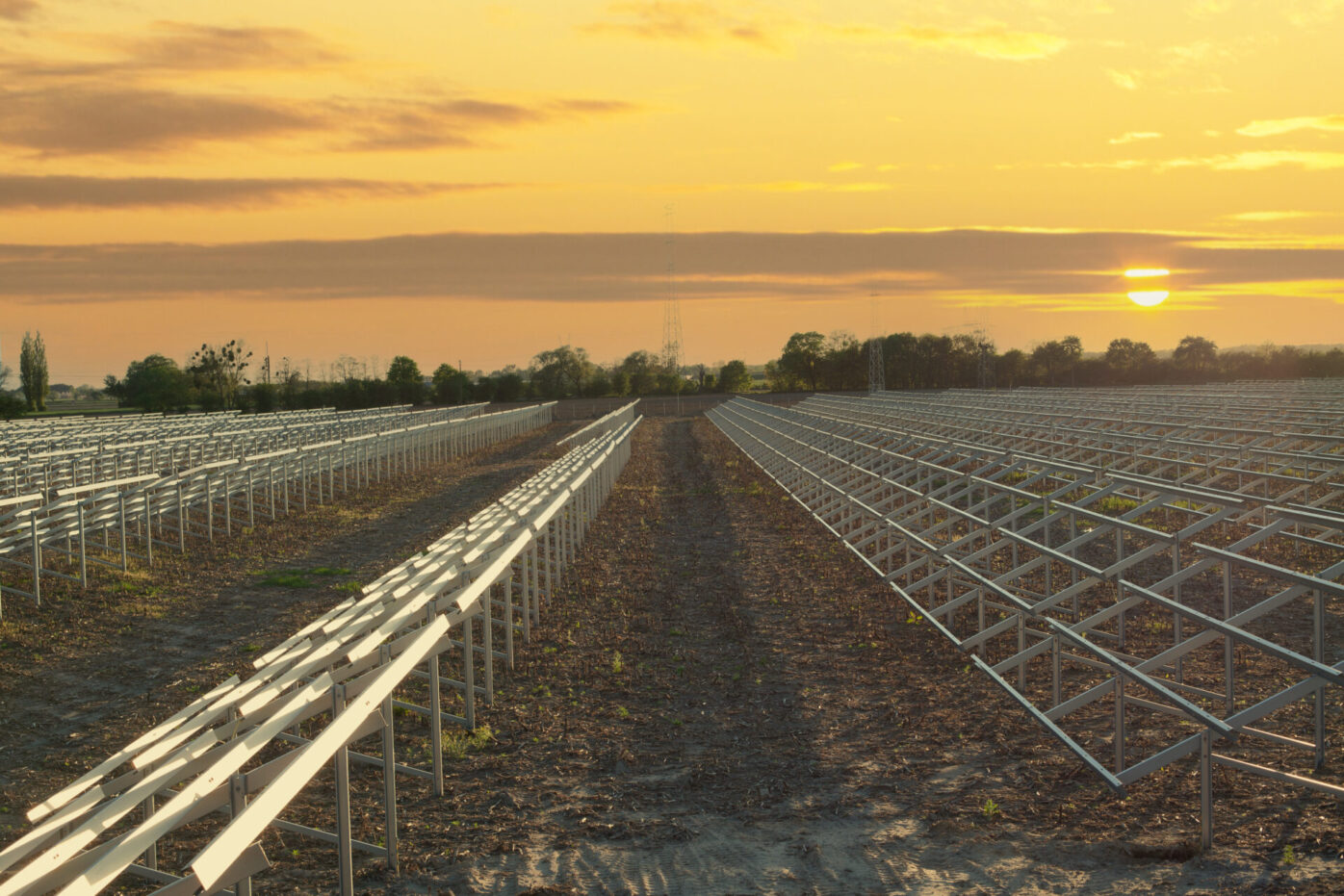Solar farm project development

AI-driven visual data for efficient, sustainable project delivery
Site assessment
AI-powered computer vision analyzes aerial or ground images to aid in site selection, topographical analysis, and vegetation clearance planning. This optimizes land use, reduces environmental impact, improves efficiency, cuts downtime, and enhances safety. Using AI and visual data provides a cost-effective, sustainable, and efficient approach to solar farm construction, ensuring timely project completion.
Project construction monitoring
AI algorithms can continuously monitor construction progress in real time by analyzing images captured from drones, on-site cameras, and other visual data sources. By comparing these images against design plans and schedules, the AI can detect deviations from the original specifications, identify delays, and flag potential issues early. This real-time analysis ensures that work remains on schedule and within design parameters, helping project managers quickly address any discrepancies. Additionally, the AI can track resource utilization, worker safety compliance, and equipment positioning, providing a comprehensive overview of the construction site. This advanced monitoring enhances project efficiency, reduces costly rework, and ensures timely and accurate project delivery.
Lifecycle management
AI technology can anticipate and prevent potential problems, such as equipment breakdowns or safety risks, by utilizing image recognition and anomaly detection. By analyzing visual data from cameras, drones, or sensors, AI algorithms can identify signs of wear, structural weaknesses, or unsafe conditions that may not be immediately visible to the human eye. This proactive monitoring enables early intervention, allowing maintenance teams to address issues before they escalate into costly repairs or accidents. Ultimately, this approach enhances operational safety, reduces downtime, and improves overall project efficiency.